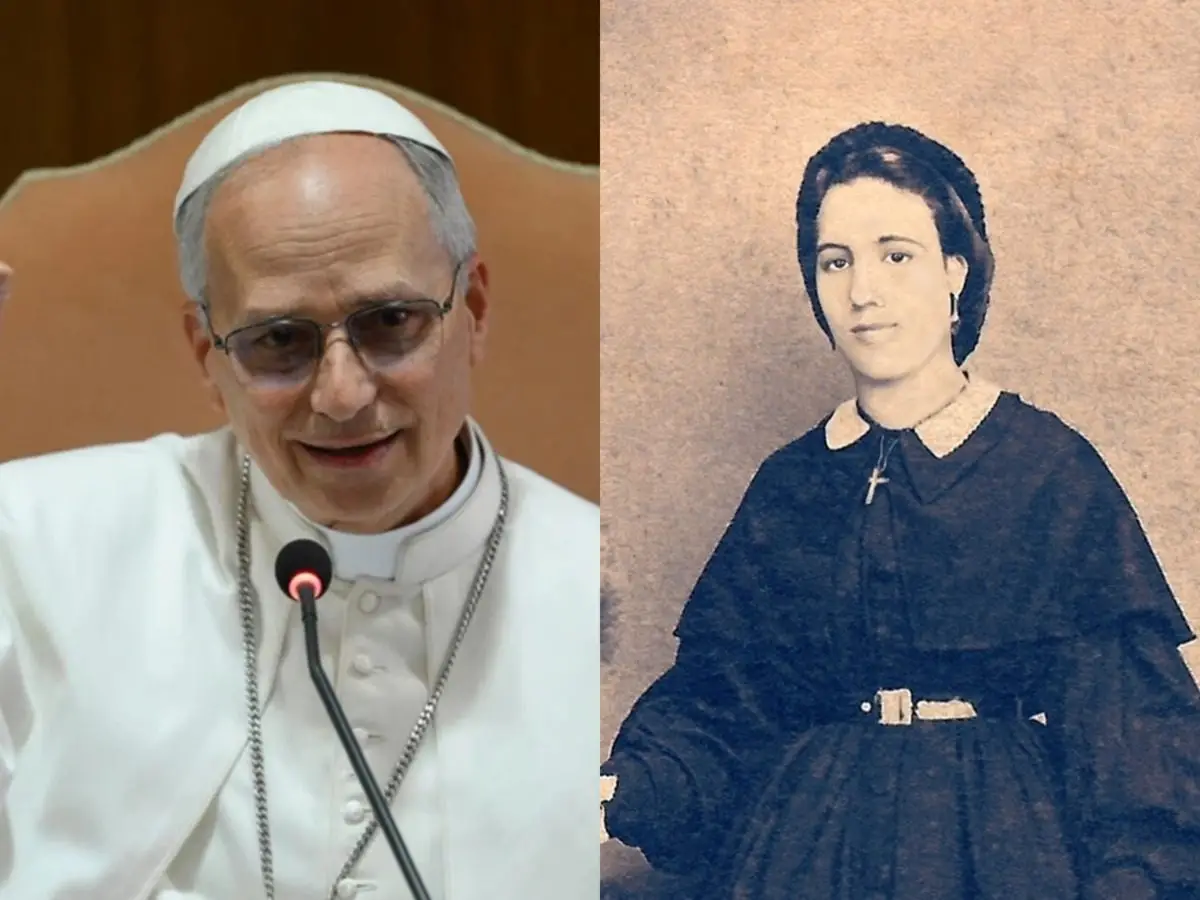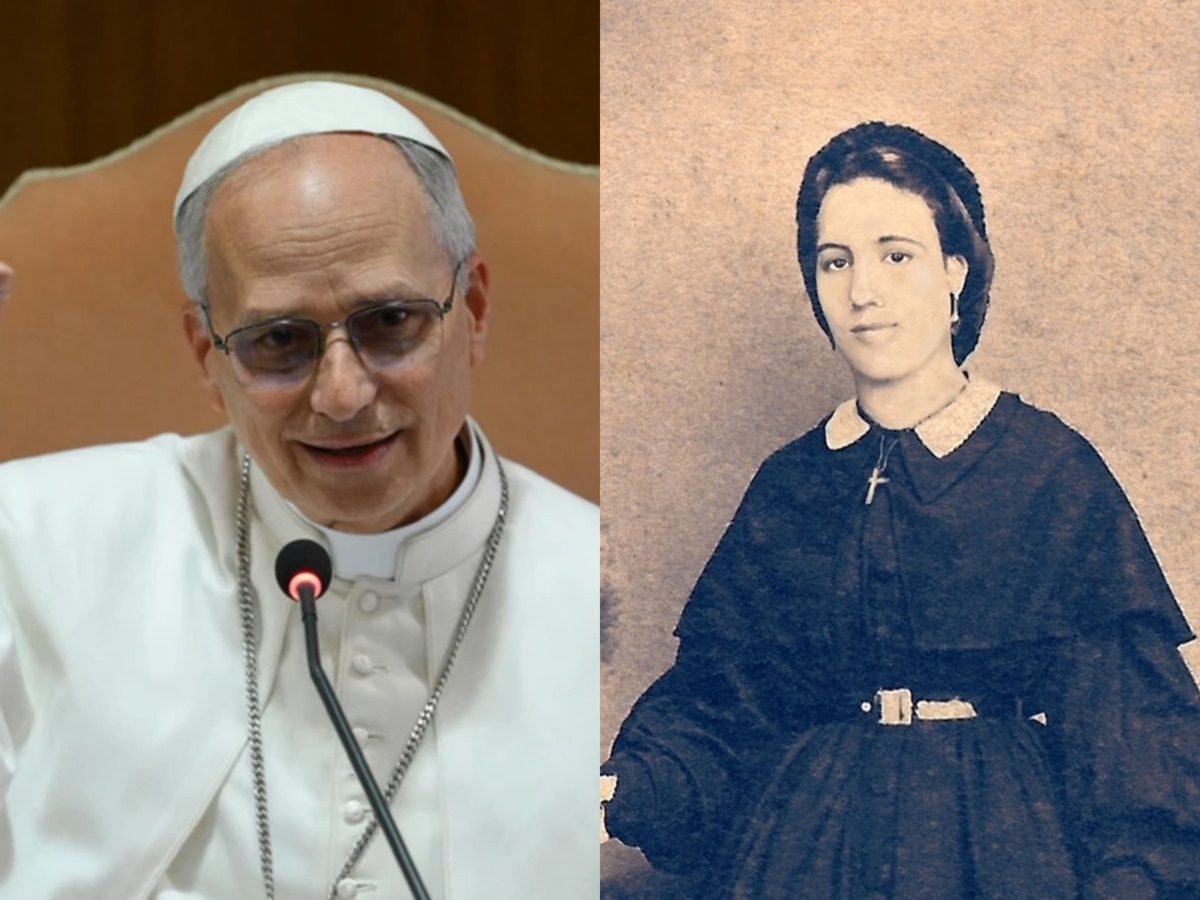Creole History and the Roots of Pope Leo XIV
The election of Pope Leo XIV, with his Louisiana Creole heritage, marks a significant moment for Creole history to take a central role in the ongoing discussion of race and power in the United States. For many, this is the first time the unique story of Creoles—a community blending white, black, and Native American ancestries—has gained such broad attention.
Creole history has long been overshadowed and distorted, yet it reveals a community of prosperous, free, and well-educated people of color who shaped the cultural and social fabric of New Orleans. Their contributions include founding the Civil Rights Movement and pioneering jazz music, America’s premier art form.
Despite these rich legacies, mainstream education has often neglected the story of Creoles, including the inspiring life of the Venerable Henriette Delille, a Creole woman who founded a Catholic order of free women of color before the Civil War and who is on the path to sainthood.
Challenges to Creole Identity and Historical Recognition
Creoles were proud to claim kinship with Pope Leo XIV, but the rapid association sometimes oversimplifies the diverse identities within the community. The Pope’s global life, having lived in Peru and Italy and speaking multiple languages, illustrates that Creole identity extends far beyond Louisiana and the 7th Ward of New Orleans.
Historically, Creoles faced disruption by Anglo settlers who were envious of their thriving culture, which included unique language, institutions, and social structures recognizing interracial marriage long before it was accepted elsewhere in the U.S. These challenges have complicated the preservation and recognition of Creole heritage.
Furthermore, discussions about the Pope’s ancestry often center on “passing” into whiteness, which many Creoles view as a reductive narrative that distracts from the community’s real achievements and history of resilience.
The Global Significance of Creole Heritage and the Vatican’s Role
The Vatican, as a powerful global institution, is playing a strategic role in highlighting Creole history through Pope Leo XIV’s election. His choice of name connects him to Pope Leo XIII, known for championing worker rights and social justice, signaling potential focus areas for his papacy.
The election of the first American Pope of African ancestry may foreshadow future milestones, including the possibility of an African Pope, reflecting the rapid growth of Catholicism in Africa. This underscores the global dimension of Creole heritage and its influence beyond U.S. borders.
The Creole community now has a unique opportunity to share its rich and complex history with the world. This moment calls for careful storytelling that honors the full scope of Creole contributions, including the ongoing cause for the sainthood of Henriette Delille.
Complexities of Racial Identity within the Creole Community
One of the most intricate aspects of Creole history is the varied self-identification within the community. Pope Leo XIV’s relatives, for example, have expressed that they do not identify as black, illustrating how personal and historical contexts shape racial identity.
In the book Finding Octave: The Untold Story of Two Creole Families and Slavery in Louisiana, this complexity is explored, showing how even family members may choose different racial designations based on individual experiences and societal pressures.
This diversity within the Creole community challenges simplistic narratives and calls for a more nuanced understanding of race in America.
The Importance of Respecting Privacy and Individual Stories
While the excitement about Pope Leo XIV’s Creole roots is understandable, it has sometimes overlooked the privacy and voices of his living relatives. Their stories and perspectives have often been sidelined in the rush to connect the Pope to the broader Creole narrative.
Respecting these individual experiences is crucial to accurately representing the community’s history and avoiding generalized or romanticized portrayals that may do more harm than good.
Authentic storytelling demands patience, respect, and a willingness to listen to those directly involved.
Creole History: Moving Beyond the “Passing” Narrative
The fascination with stories of “passing” into whiteness has been a recurring theme in discussions about Creole identity. However, this focus can obscure the broader and richer history of the majority of Creoles who maintained their identity as people of color.
Most Creole families have tales of passing, but for them, it is not the defining narrative. Emphasizing passing risks reinforcing outdated and limiting ideas about success and acceptance in a racially divided society.
Highlighting the achievements and resilience of Creoles regardless of racial classification provides a fuller, more empowering story.
Creole History: The Vatican’s Strategic Vision and Creole Representation
The Vatican, as the world’s most powerful and wealthy religious sovereign state, operates with a long-term vision. Their decisions, including the election of Pope Leo XIV, are made with careful planning spanning decades.
By choosing the name Leo XIV, the new Pope connects himself to his predecessor Leo XIII, who championed worker’s rights and fair wages at the dawn of the Industrial Age. This signals a possible focus on social justice and modern challenges such as artificial intelligence during his papacy.
This strategic approach gives the Creole community an unprecedented opportunity to share its rich history and cultural heritage on a global stage.
Creole History: Creole Diaspora and Historical Context
Creoles have never been confined to Louisiana or New Orleans alone. Before the Civil War, there were established Creole diasporas in Mexico, Haiti, France, and Colombia. Afterward, many migrated within the United States and abroad.
Understanding this broader diaspora is essential to contextualize Pope Leo XIV’s story and the shifting racial attitudes in America over time.
This diaspora reflects a resilient community that adapted and thrived despite social and political challenges.
Challenges in Preserving and Telling Creole History
Creole history has often been overlooked or distorted, partly because it challenges dominant narratives about race and identity in the U.S. The community’s unique racial makeup, cultural achievements, and contributions to civil rights are seldom taught in mainstream education.
Efforts to tell the true Creole story must combat stereotypes and oversimplifications, such as the fixation on “passing” narratives, to honor the diverse experiences of Creoles.
Accurate storytelling is vital to preserving the community’s legacy and fostering greater understanding.
Creole History:The Growing Influence of African Ancestry in American Identity
Remarkably, about 30 million Americans who identify as white have African DNA, highlighting the complex nature of racial identity in the U.S. Louisiana, in particular, has the highest number of people who identify as white despite having African ancestry.
This genetic reality challenges rigid racial classifications and invites a broader conversation about identity, heritage, and belonging.
Pope Leo XIV’s election as the first American pope with African ancestry symbolizes this evolving identity and may inspire new dialogues on race and inclusion.
Conclusion: Embracing and Telling the Full Creole Story
The election of Pope Leo XIV is more than a historic event; it is a gateway to sharing the rich, complex, and often untold history of the Creole community. This history encompasses cultural achievements, challenges, and resilience that deserve to be recognized globally.
As the Creole community stands at this pivotal moment, it must approach its story with care and accuracy, avoiding reductive narratives like “passing” and focusing on the vibrant contributions Creoles have made to American and world history.
Through thoughtful storytelling and respect for diverse identities within the community, Creoles can take their rightful place in history and inspire future generations.

For further insights into racial history and cultural heritage, visit Voice Mauritius News to explore related articles and stories.
Source: Face2Face Africa




